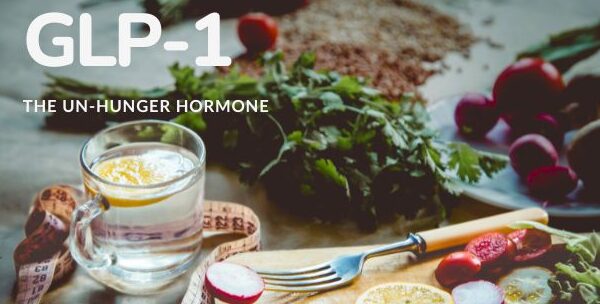
If researchers from Israel are correct, artificial sweeteners like aspartame, sucralose and saccharine may raise blood sugar levels.
But not in everyone! Why are some people vulnerable and not others?
Published in Nature, their study indicated that it’s the difference in individuals’ gut microbes which may provide the explanation.
Depending on the composition of species of intestinal microbes (there are hundreds of species), some people had a two or four time increase in blood sugars after consuming the artificial sweeteners for a short time.
It is widely accepted that over time, high blood sugar levels can lead to diabetes.
The Mysteries and Power of the Gut Ecosystem
This research, amazing in its own right, is one more profound insight into the role, function and immense power of the microbes in our gut. So powerful and complex, some even refer to the gut microbiome as a virtual organ, significantly extending the metabolic capacity of the host, us.
By sheer numbers alone, the internal gut ecosystem is absolutely impressive:
- There are about 100 trillion microorganisms in the intestines, ten times more cells than cells in the human body.
- It is estimated that added together, these gut flora have a hundred or more times as many genes (microbiome) as there are in the human genome.
Some say we are more bacteria than human!
Healthy Balance of Gut Microbes = Mutual Benefit to Microbes and Human Host
We are learning more and more about the capability and useful and necessary functions of gut microbes and how they help us, their host. They help digest (ferment) unutilized food for energy, stimulate cell growth, keep the numbers of harmful microorganisms in check, train the immune system to respond to pathogens or foreign substances, and defend against some disease.
They also affect the health of the gut lining, produce B vitamins and vitamin K, and produce hormones to direct the storage of fats.
Imbalanced Gut Ecology (Dysbiosis) = Unhealthy for the Human Host
An unbalanced inner ecology can be harmful to the host. Beneficial bacterial strains are at a disadvantage, get squeezed out and overrun by other species.
The gut is the interface between us and our outside world. It’s what allows us to access nourishment yet protect us from harmful substances in our exterior environment. If we lose the intended protection of a healthy balance of microbes, it can be detrimental.
How the gut ecology changes in the first place is the topic for a much larger discussion. Foods we eat, the chemicals and antibiotics in our foods, medicines we take (including antibiotics), and heavy metals and toxins in our home and larger environments are some things that can affect the gut microbiome.
“All diseases begin in the gut.” – Hippocrates
Modern scientists are trying to gain a greater understanding of the role of the gut and health that Hippocrates put forth a few thousand years ago.
Looking into the role of gut flora, medical researchers suggest that many diseases in addition to diabetes may result from a dysregulated gut microbiome — obesity, metabolic syndrome, anxiety and behavioral, heart disease, allergies, inflammatory bowel diseases and cancers.
What to Do About Artificial Sweeteners?
It’s best to wean off of artificial sweeteners, diet sodas and processed products that contain artificial sweeteners.
These are some common names for artificial sweeteners:
Aspartame – NutraSweet, Equal
Sucralose – Splenda
Saccharine – Sweet and Low



